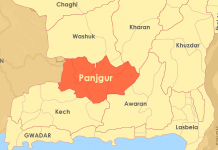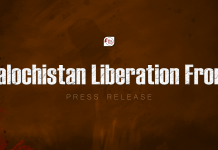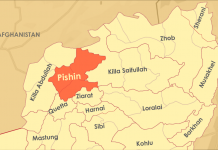Thomas Sankara, the “African Che Guevara,” was born on December 21, 1949, and was tragically killed by his friend and fellow soldier on October 15, 1987. Sankara was a revolutionary leader of Upper Volta, later renamed Burkina Faso. His legacy is a powerful exploration of the intersection between women’s emancipation and the broader struggle for African liberation. Sankara believed that “The Revolution Cannot Triumph Without the Emancipation of Women” and emphasized women’s role in democracy and revolution.
Sankara argued that the liberation of women was not only a fundamental issue of justice but also essential for the success of revolutionary movements across Africa. In his speeches, he often stated before thousands of women:
“Comrades, forward to conquer the future.
The future is revolutionary.
The future belongs to those who fight.
Homeland or death, we will triumph.”
First Main Point: “The Revolution Cannot Triumph Without the Emancipation of Women”
Sankara made a compelling case for the centrality of women’s emancipation to the success of any revolution. He argued that the revolution could not succeed if half of society—women—remained oppressed. According to Sankara, the struggle for women’s liberation is not a separate or secondary issue but integral to the overall fight against colonialism, imperialism, and all forms of exploitation.
Sankara acknowledged the deeply entrenched social systems and traditional gender roles in African societies, which have historically confined women to the private sphere, limiting their participation in public life and decision-making. He highlighted the differences in the roles of women in both pre-colonial and post-colonial African societies, where they were often seen as inferior and denied basic rights and opportunities.
One of the most powerful aspects of Sankara’s argument is his insistence that the liberation of women benefits everyone, not just women themselves. He argued that a society that empowers women is stronger, more just, and more capable of achieving true liberation for all its members. By involving women in every aspect of the revolution, from leadership to grassroots organizing, Sankara believed that African societies could unlock their full potential and build a future based on equality and justice.
Second Main Point: “Women’s Role in the Democratic and Popular Revolution”
Sankara also focused on the specific roles that women can and must play in democratic and popular revolutions. He argued that women are not passive beneficiaries of the revolution but active agents of change who must be at the forefront of the struggle for freedom and social justice.
Sankara highlighted the many ways in which women have historically contributed to revolutionary movements, both in Africa and around the world. He drew on examples of women who have taken up arms, organized protests, and led movements for national liberation and social change. However, he noted that women’s contributions have often been overlooked or undervalued, and he called for a recognition of their essential role in the revolutionary process.
To fully realize their potential in the struggle for revolution, Sankara argued, women must be empowered to take on leadership roles at all levels of society. This requires not only breaking down the barriers that prevent women from participating in politics and public life but also creating a culture of respect and equality that values women’s voices and contributions. Sankara called on men to actively support women’s freedom and to challenge the attitudes and behaviors that perpetuate inequality.
Sankara also emphasized the importance of economic independence for women as a key factor in their liberation. He said that women must have access to education and employment opportunities that enable them to support themselves and their families, free from dependence on men. He advocated for policies that promote gender equality in the workplace, such as equal pay for equal work and protections against discrimination and harassment.
Finally, Sankara stressed that the struggle for women’s liberation must be global and interconnected with other struggles for justice and equality. He called for solidarity between women’s movements across Africa and the world, recognizing that the oppression of women is a global issue that requires collective action.






























